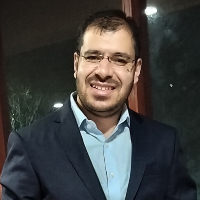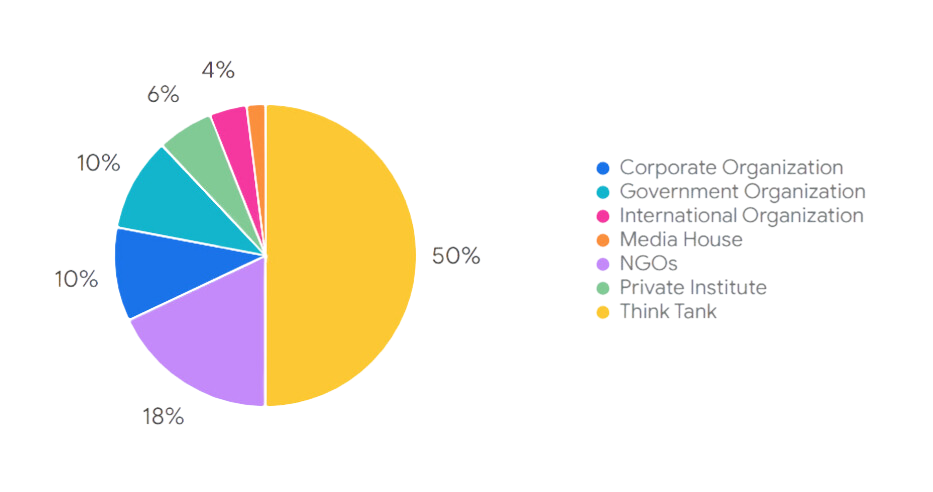


In the contemporary scenario, India's interest in the world as well
as the world's interest in
India, is visibly at its highest. Therefore, it becomes imperative that Indian scholarship on
global issues respond to the opportunities this presents. To this end, the Symbiosis School of
International Studies (SSIS) endeavours to provide a platform for teaching and research in
international relations, emphasising India and its role in global affairs.
Established in 2012, SSIS aims to bring the IR discourse to the Western region of the country
through a well-designed academic programme, conferences, symposia and exchanges with relevant
stakeholders which include policy makers, NGOs, think tanks, the media and other academic
institutions. "Nurturing leaders for change" is the vision of SSIS and is embedded in all
curricular, extra-curricular as well as co-curricular activities. Set up in consonance with the
broader vision of Symbiosis Society, which is "to integrate with the world", SSIS seeks to equip
students with the knowledge and skills pertinent to address the 21st century global challenges.
Eligibility
Candidate should be a Graduate from any statutory university with a minimum of 50% marks (45% for SC and ST).
Fees (Indian Students)
INR. 3,43,000 Per Annum
Fees (International Students)
USD 6,400 Per Annum

Professor & Deputy Director
MA, PhD, UGC-NET

Assistant Professor
PhD (JNU, New Delhi)

Assistant Professor
M.A, M.Phil, PhD, NET-JRF, NET

Assistant Professor
MA, PhD (Dublin City University), UGC-NET, Irish Research
Council Postdoctoral Fellowship

Assistant Professor
Former Teaching Fellow at the University of Manchester,
UK
PhD, NET-JRF
The curriculum includes a mandatory internship in the third semester that prepares students for careers with CSOs, NGOs, international organisations, think tanks, civil services, media, academia, consultancies and financial institutions

Think Tank \ Research Institutions

Survey No. 227, 3rd floor, Symbiosis Campus Opposite Pune International Airport, Viman Nagar, Pune - 411 014 Maharashtra, India.